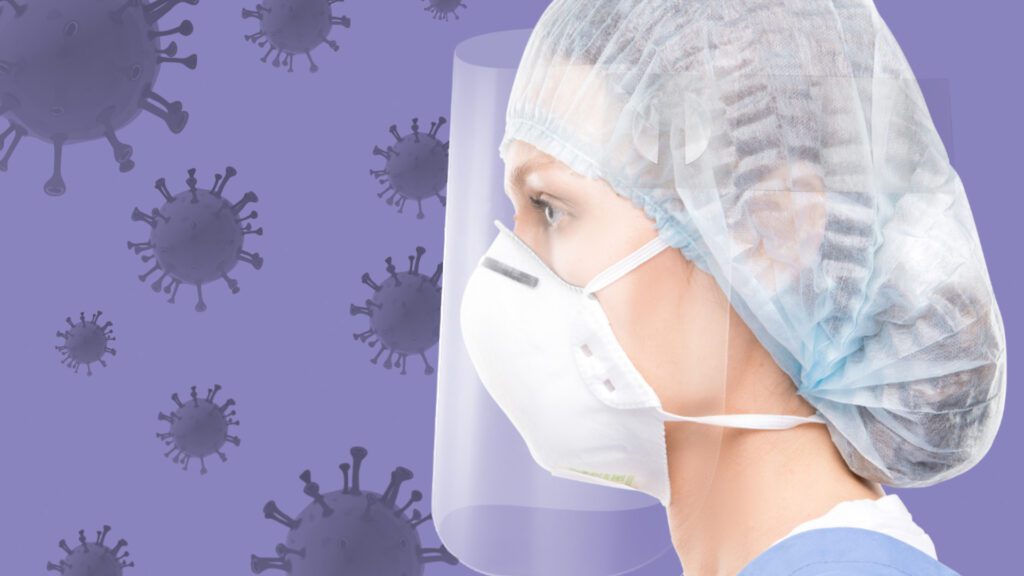Are face masks effective?

As a BSiF registered supplier of PPE, including medical-grade surgical facemasks, we’ve put together this article that looks at what the science says about the effectiveness of face masks for preventing the spread of infection. We’ve also covered answers to other frequently asked questions including who facemasks protect and which types of mask are most effective.
Since the outbreak of COVID-19, face masks have become a hot topic for news and media outlets. Once it was clear that the COVID pandemic was spreading much faster than anticipated, Governments across the world began recommending widespread use of masks to help limit the spread of infection.
In the western world, however, the wearing of face masks was a relatively new concept. And, with lots of conflicting information coming in from various media sources, it left many of us unsure about the effectiveness of masks and whether or not we should be wearing them.
The science
Recent scientific research strongly suggests that face masks – in all shapes and sizes – are extremely effective at reducing the spread of infection.
A study in April, for example, demonstrated a significant decrease in the number of infected fluid droplets and aerosols from users wearing masks compared with those who didn’t.
From the study:
“We detected coronavirus in respiratory droplets and aerosols in 3 of 10 (30%) and 4 of 10 (40%) of the samples collected without face masks, respectively, but did not detect any virus in respiratory droplets or aerosols collected from participants wearing face masks.” [SOURCE: Nature]
It’s also worth pointing out that there are many real-world examples that point towards the efficacy of face masks. A recent article published by the University of San Francisco suggests that countries that support the widespread use of masks have had the lowest death rates.
Who do face masks protect?
The answer to this question depends on the type of mask. When it comes to surgical masks and cloth face masks, they’re actually more likely to protect those around you than you yourself.
The reason for this is that they’re designed to prevent droplets and aerosols from travelling whenever you breathe out. So, if you’re unknowingly affected with COVID, you’re less likely to pass on the infection with these types of masks [Source: Mayoclinic].
That said, they will also give you some protection against contamination from others. But, since the virus is also able to infect users through droplets entering the eyes, they’re not totally effective. This is why you’ll have seen many service industry staff wearing face shields, as they help protect against droplets entering through the nose, mouth and eyes.
Valve-based N95 masks, on the other hand, are specifically designed to protect the user. However, the problem with these is that, since the valves on the front of them release droplets, they actually put those around you at risk.
It’s for this reason that some countries have chosen to ban them from public use, as an infected person wearing an N95 mask could potentially infect those around them and increase the spread of infection within a local area. [Source: Mayoclinic]
Which type of mask is most effective?
As noted, while the N95 are the most effective when it comes to protecting the individual, they’re not the most effective at limiting the spread of infection as they can potentially contaminate the people around you.
For this reason, cloth masks and disposable masks have been recommended by most Governments and Healthcare agencies as they’re best for limiting the spread of infection in populated areas.
For more information on facemasks, be sure to check out our article on how to wear a facemask correctly or use this link to explore the range of facemasks we have available to help businesses minimise the spread of infection in the workplace.
